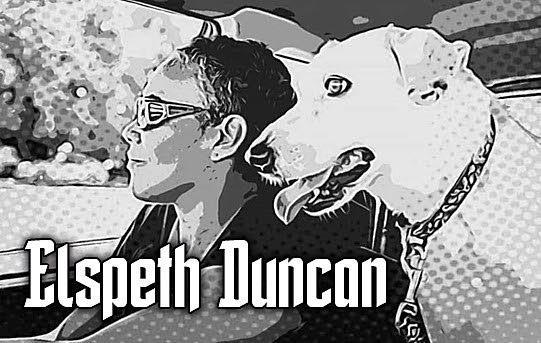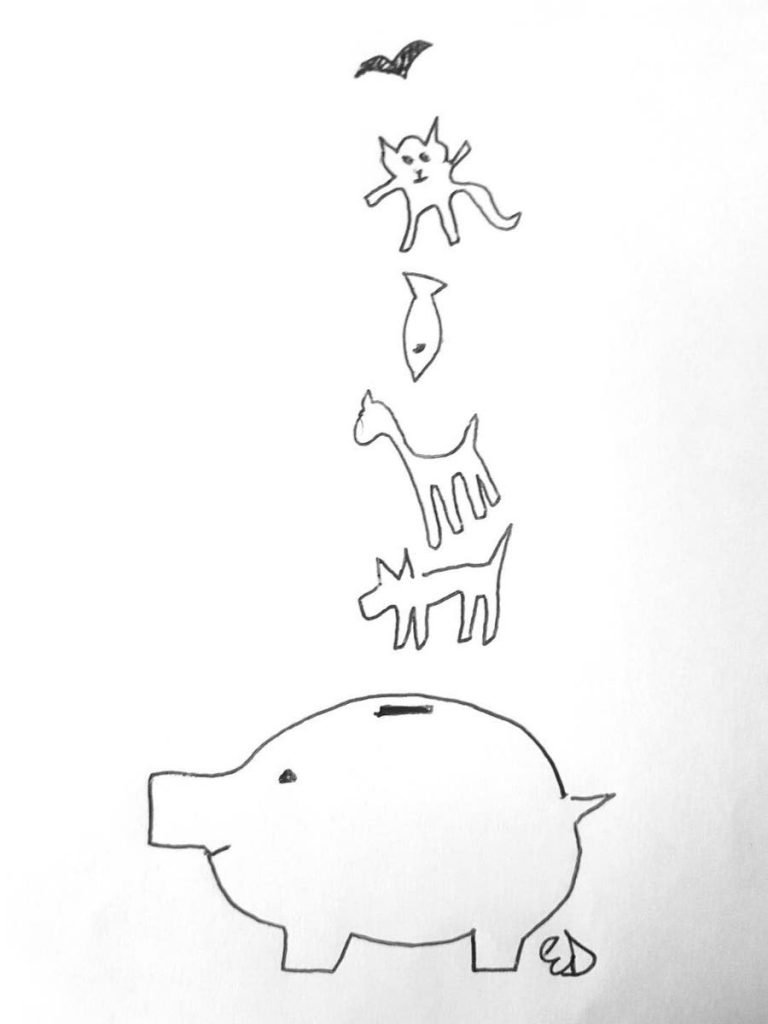We are what we create

Throughout childhood and into adulthood, my parents encouraged and supported my sisters and me in creative pursuits and expression. For me, creativity has therefore always been a natural way of life, a powerful form of communication, confined not only to the creation of art, music and other such pursuits, but also a most effective way of problem-solving (ie using one’s ability to seek creative solutions naturally, rather than complaining or pointing fingers, when something goes "wrong").
When I was ten years old, my parents, sisters and I spent a year in England, living in a village called Winnersh just outside Reading. There was a competition for children to design a poster depicting the theme "Save the Animals." My submission was a drawing of various animals falling into a large piggybank. I won the first prize.
At an earlier age, when living in Trinidad, I entered a competition – the objective of which escapes memory – and won a Timex watch. Decades later I can still remember the watch– a rectangular face, gold hands and numbers and a dark blue band – details easily recalled either because it was my first-ever watch, or because I had won it, or both.
Competitions were plentiful in the newspapers in my years from childhood into early adulthood. I loved entering them. I would often win a prize... sometimes money, sometimes a product or a hamper of mixed items from the company running the promotion.
Most, if not all, competitions then were thought-provoking and, in turn, required some level of creative and/or intelligent input from entrants. They stimulated and sharpened the mind of the eager child or adult. Judges would have had to take time and put care into reviewing each entry, to single out the gems of originality fairly from among the mass of hopefuls.

In what appears to me to be a reflection of today’s society, many competitions I see in the newspapers these days require little thought; entrants are simply asked to fill in missing letters im a very obvious word or phrase or just fill in their names and contact information and submit with x number of product labels. The winner is most likely the first name drawn, making it more like a lottery.
Once, years ago, while working on a video project with students of a primary school in Trinidad, I was appalled to note that as easily and spontaneously as the children came up with ideas and answers to my questions about the video we were creating together, as easily and spontaneously did the teacher (listening and looking on from the sidelines) knock their ideas down.
"'No! You can’t say that!" "That does not make sense!"..."That is wrong!"
I explained to said teacher that no creative idea is wrong, and that in order to progress we must encourage the children to come up with and express what they can, freely. One seemingly bizarre idea can lead to a masterpiece. How do you think some of the world’s most impressive inventions came about? By brainstorming and exploring each possibility, we are supporting and strengthening the child’s imaginative powers – and the child in the process.
How easily are the creative voices and forces of many of our nation’s children stifled and shut down by adults (at home, at school, in society) who do not understand the importance of, or have/make time for nurturing the individual and collective creative spirit?
What happens when the powerful creative flow (stifled since childhood in many cases) becomes distorted in its quest for an outlet? An analogy that comes to mind is the loads of plastic and garbage being dumped continuously in our waterways; unable to follow its natural course, the water backs up and rises, resulting in destruction within communities at the first rainfall.
The opposite of creation is destruction.
We in TT live in an extremely creative and innovative society – yet one that is becoming increasingly more destructive, violent and crime-ridden.
To be a successful criminal, one has to be extremely creative and innovative. What would happen if the inherent creative spirit was effectively channelled and supported along productive pathways from an early age, the formative years of cognitive, emotional, social and physical development?
Could one solution to our nation’s problems (crime and such like) be as simple as an ongoing investment, from birth onward, in the healthy development of the innate creative powers of all citizens?


Comments
"We are what we create"